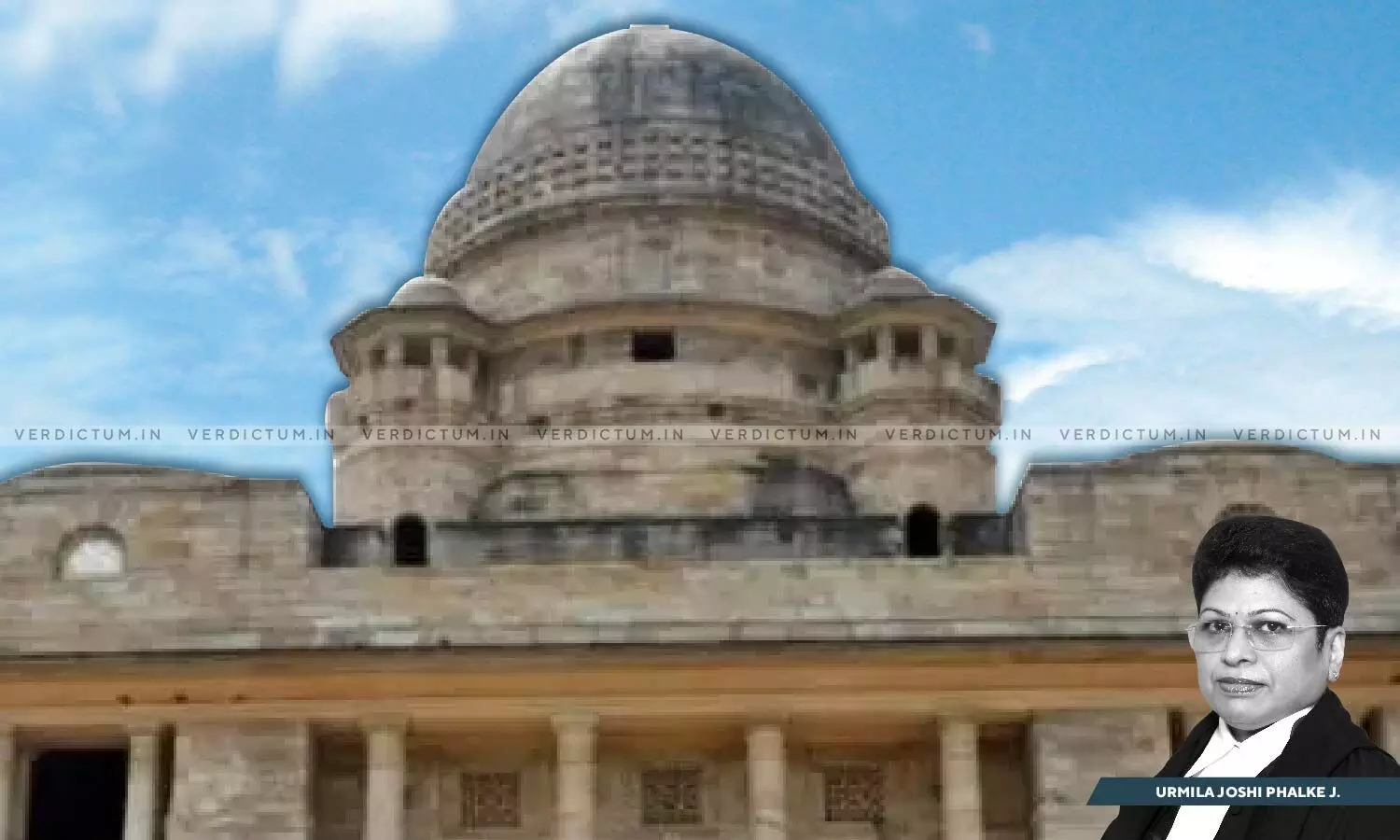
In Corruption Cases, Bail Must Be Granted Only In Exceptional Cases: Bombay HC Denies Anticipatory Bail To PESO Official In License Scam
 |
|The Bombay High Court denied anticipatory bail to an official of Petroleum and Explosives Safety Organization (PESO) in license scam saying that bail in such cases must be granted only in exceptional cases after application of mind.
The Nagpur Bench of the Court was deciding a criminal application filed by one Purushendra Kumar apprehending his arrest at the hands of the police in connection with a case registered by Central Bureau of Investigation (CBI), Anti-Corruption Bureau (ACB) for the offence under Sections 7, 7A, and 8 of the Prevention of Corruption Act, 1988 (PC Act) and Section 120(B) of the Indian Penal Code (IPC).
A Single Bench of Justice Urmila Joshi Phalke said, “Considering the all above facts, admittedly, the prima facie case is made out against the present applicant to show his involvement on the basis of the statement of the co-accused. At this stage, considering that the powers to grant anticipatory bail being an extraordinary power has to be exercised sparingly and while the offence like the corruption is attributed against the accused, such an extraordinary power has to be exercised cautiously, such bail must be granted only an exceptional cases after application of mind. On application on mind, it reveals that there is prima facie case made out against the present applicant showing his involvement in the alleged offence.”
Advocate G.M. Kubade appeared for the applicant while Special Advocate P.K. Sathianathan appeared for the non-applicant.
In this case, the applicant was a CCE graduate in Chemical Engineering and a post graduate in Industrial Safety Management. On the basis of his experience and sound performance, he was promoted as Chief Controller at Nagpur in February 2022. The CBI, ACB based on the source of information registered a crime against him and it was alleged that the information was received to the effect that the co-accused wanted to use its electronic detonator manufacturing capacity up to 75% till March 2024, which required permission of PESO and the same was pending.
The co-accused was involved in a criminal conspiracy with unknown public servants of PESO and contacted the director of a company for obtaining a bribe of Rs. 10,00,000/- to get the pending work done. The officers facilitated the same in lieu of bribe in the matter of amendments in the license of the firm. The officers were caught red-handed and hence, an FIR was registered against them. The house of the applicant was searched and an amount of Rs. 5,86,500/- along with gold ornaments were seized. As the same happened, he was before the court for grant of pre-arrest bail.
The High Court in the above context of the case observed, “In the light of the well settled principles laid down while considering the application for the anticipatory bail, in the present case, admittedly the connection of the applicant reveals from the documents collected which shows that the co-accused has purchased the tickets for the applicant and his family members and secondly the statement of the co-accused which discloses the involvement of the present applicant in the alleged offence. Thus, prima facie case is made out against the applicant.”
The Court noted that as per Section 17A of the PC Act, no police officer shall conduct any enquiry or inquiry or investigation into any offence alleged to have been committed by a public servant under this Act, where the alleged offence is relatable to any recommendation made or decision taken by such public servant in discharge of his official functions or duties, without the previous approval.
“As far as application of Section 17A of the P.C. Act is concerned, after considering the allegations, admittedly, the co-accused Priyadarshan Deshpande, as per the allegations, hatched the criminal conspiracy with the PESO officials to get the pending work done and for that purpose agreed to accept some amount from the other co-accused. As such, in view of Section 17A of the P.C. Act, which in my view, at this stage is not attracted to the present case. Moreover, the first proviso of Section 17A of the P.C. Act makes it clear that no such approval shall be necessary for cases involving arrest of a person on the spot on the charge of accepting or attempting to accept any undue advantage for himself or for any other person”, it said.
Accordingly, the High Court rejected the criminal application.
Cause Title- Purushendra Kumar S/o. Dhir Singh v. Central Bureau of Investigation (CBI), A.C.B., Nagpur (Neutral Citation: 2024:BHC-NAG:3190)